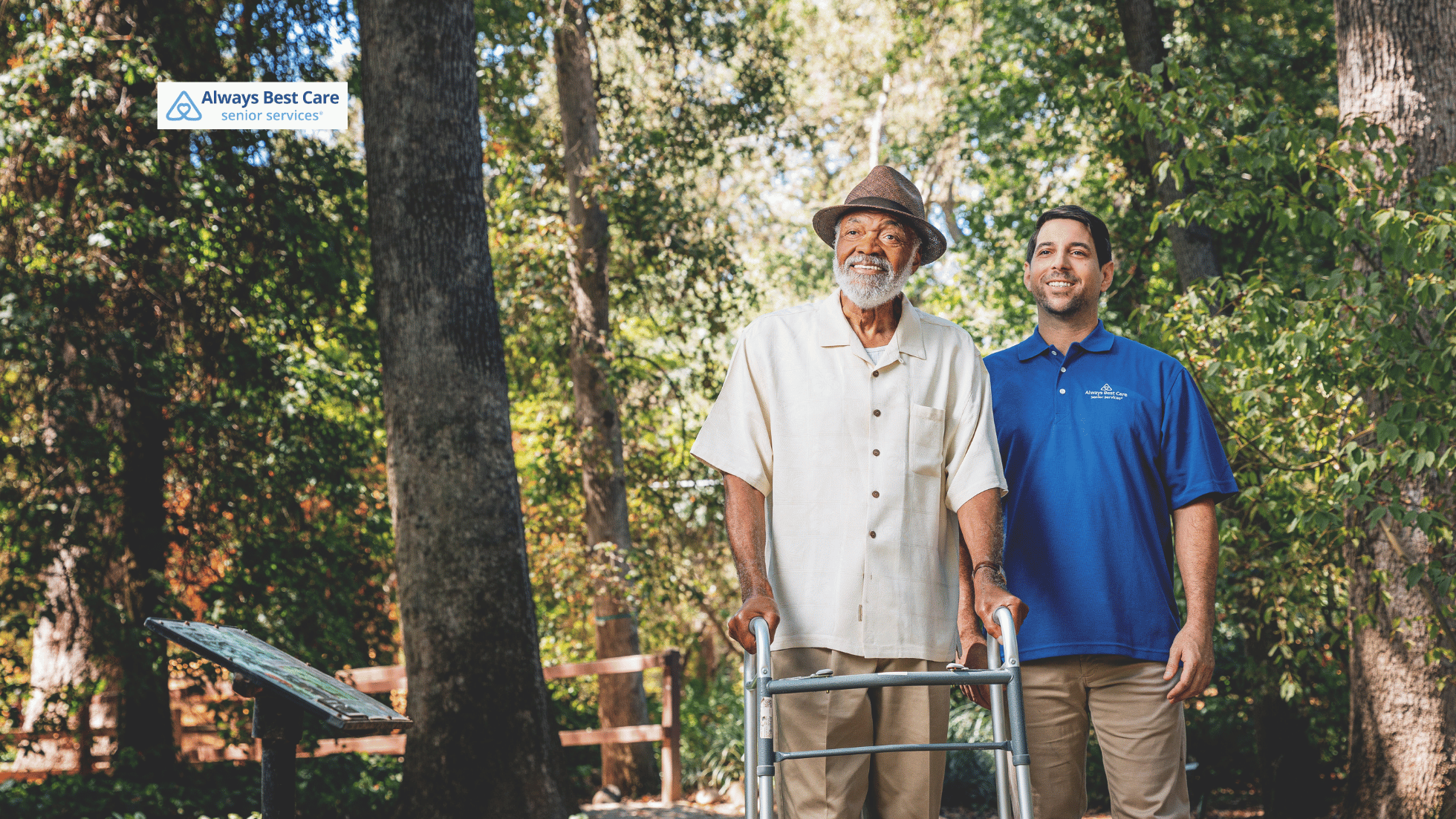Encouraging Your Aging Parent to Accept Help

As your parents get older, it may be harder for them to complete tasks they always used to do. They may begin developing signs of dementia, and their physical health or mobility may start to deteriorate. This can increase concerns about their safety and well-being, especially if they are aging in place alone. While you can see that your aging parent would benefit from in-home care or other services, it can be difficult for them to accept this help.
Table of Contents
Common Reasons Seniors are Hesitant to Accept Help
While you may think your loved one is simply being stubborn, there are likely a variety of reasons why they are reluctant to agree to your suggestion of working with a caregiver.
- They fear losing their independence.
Your senior may worry that by admitting they need help, they will be giving up their independence and control. They are proud of their ability to do things on their own. Having an in-home caregiver means giving over control of certain tasks or activities to someone else, or at least having that person be more involved.
- They fear the unknown.
A lot of seniors don’t really know what to expect when it comes to in-home care or senior services. They are not sure what a caregiver can or will do to help them. They may worry about not being able to make their own decisions or do things the way they have always done them. It can be hard to trust others, especially if it is someone that they don’t know.
- They don’t want to burden anyone.
Your loved one may worry that by asking for help, they will be a burden to you or others. They don’t want to interfere with other peoples’ lives or rely on them for support when they are used to doing things on their own and coming and going as they please.
Reframing the Conversation
Instead of demanding that your aging parent accept in-home assistance or focusing on what they cannot do, try to take a more empathetic approach. Recognize that this is a big step for them and can mean major changes in their life.
- Share your own concerns.
Rather than using “you” phrases, such as “you are not steady on your feet” or “you are forgetting to eat or take your medication,” use “I” phrases instead. “I worry about you getting in and out of bed at night” or “I want to make it easier for you to have healthy meals or to do things around your house.” Show them that you care and worried about their well-being, and that you have their best interests at heart.
- Highlight the benefits of having help.
Talk about all of the positives that having a caregiver come by can bring. For instance, they can have someone there to help them prepare meals, do laundry, or assist with grooming. A caregiver can escort them on errands, accompany them to appointments or activities, or simply provide companionship. Remind them that services are tailored to their unique needs, and they can choose as much or as little support as they need across a wide range of activities.
- Emphasize that others want to be there for them.
Being a burden is a major concern for many seniors. Let them know that people want to help them, and it makes them feel good to be of service and give back. Plus, everyone relies on others in one way or another. Families and communities are interdependent, and everyone has something to offer and areas where they need help.
- Start slowly.
Keep your loved one involved in decision making. Let them have some control over who the caregiver is, when they come, and what assistance they provide. This can allow your aging parent to maintain some of their independence. As they get more comfortable with in-home care and their needs change, you can slowly adjust their services.
It can be difficult talking to your aging parent about the need for additional help and starting in-home care, but the there are many professionals who can help guide the way. Contact Always Best Care at 713-485-5000 to schedule a care consultation.





